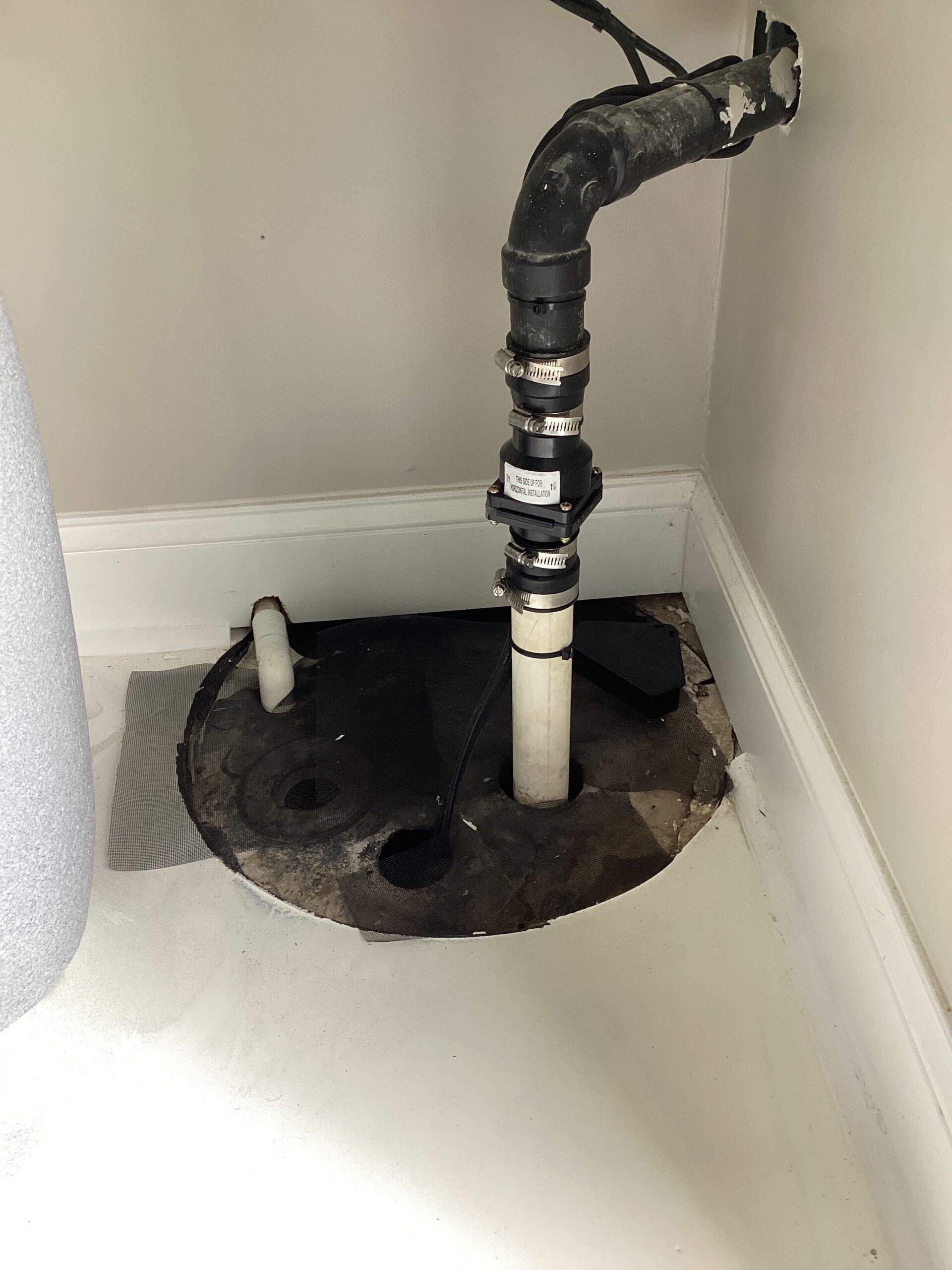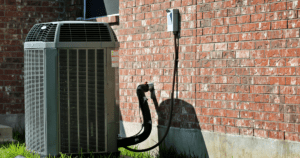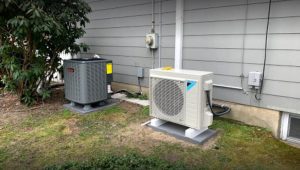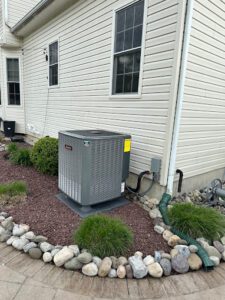The Importance of Backflow Prevention in South Jersey: What You Need to Know
In the world of plumbing, one topic that deserves attention, especially for South Jersey residents, is backflow prevention. Ensuring the safety of your home’s water supply is paramount, and understanding the importance of backflow prevention is a crucial step. In this blog, we’ll delve into why backflow prevention matters in South Jersey, exploring local regulations, real-life examples, and the potential consequences of neglecting this vital aspect of plumbing safety.
Understanding Backflow and Its Significance:
Backflow occurs when the flow of water reverses direction, bringing contaminated water back into the clean water supply. This can happen due to changes in water pressure, posing a serious threat to the quality of the water we use every day.
- Significance in South Jersey: With varying weather conditions and potential pressure fluctuations, South Jersey homes are susceptible to backflow incidents. Understanding and preventing backflow is crucial for maintaining a safe water supply.
Local Regulations and Guidelines:
South Jersey, like many regions, has specific regulations and guidelines in place to ensure the prevention of backflow incidents.
South Jersey Backflow Regulations: Familiarize yourself with local regulations governing backflow prevention. Many municipalities require backflow prevention devices to be installed and regularly tested to comply with safety standards.
Mandatory Inspections: Some areas in South Jersey may mandate annual inspections of backflow prevention devices. Adhering to these regulations is not only a legal requirement but also a responsibility to the community.
Real-Life Examples and Consequences:
llustrating the real-life implications of neglecting backflow prevention can drive home the importance of this essential plumbing measure.
Health Risks: Backflow can introduce contaminants such as bacteria, fertilizers, and chemicals into the water supply. This poses severe health risks to residents and can lead to waterborne illnesses.
Infrastructure Damage: Neglecting backflow prevention can result in damage to plumbing infrastructure. The reversal of water flow can cause corrosion, leaks, and deterioration of pipes and fixtures.
Backflow Prevention Tips for South Jersey Homes:
Offering practical tips for homeowners to prevent backflow incidents is crucial for maintaining a safe water supply.
Install Backflow Prevention Devices: Consider installing backflow prevention devices, such as backflow preventer valves, to safeguard your water supply.
Regular Inspections: Schedule regular inspections and testing of backflow prevention devices to ensure they are functioning correctly and in compliance with local regulations.
Conclusion
In South Jersey, where the charm of the region is complemented by unique challenges, prioritizing backflow prevention is a responsibility shared by homeowners and the community alike. By understanding the significance of backflow prevention, complying with local regulations, and taking proactive measures, residents can ensure a safe and reliable water supply for their homes. Let’s work together to make South Jersey’s water infrastructure resilient and secure for generations to come.









